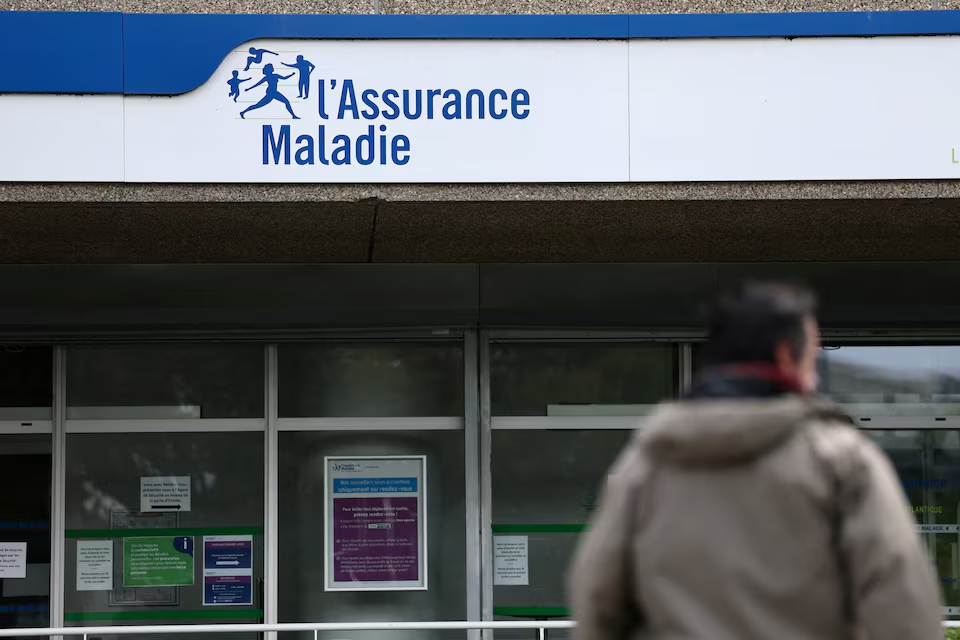News
Private Detectives Trail French Workers to Expose Sick-Leave Fraud

When Fabrice Lehmann stepped out of his suburban Paris home dressed for work, he didn’t realize he was being followed. A private detective shadowed him, blending into the flow of commuters heading into the city.
Lehmann, who has worked as a private investigator since 1994, increasingly tracks white-collar employees—such as those in financial services—suspected of abusing France’s sick-leave system.
The scale of fraudulent absences is hard to measure, but experts say it is growing. Sick leave has surged by 60% since 2012, costing France more than €10 billion a year—an expense the country can ill afford as it struggles with chronic budget deficits.
François Bayrou, the former prime minister who resigned this month after clashing with EU deficit-reduction demands, had flagged the rising cost of sick leave. His 2026 budget plan called for €5 billion in healthcare savings, partly by cracking down on fraud.
“It always comes down to money or betrayal”
France’s national health insurance agency said it blocked €42 million worth of fraudulent sick-leave claims last year—more than double the 2023 figure. But that represents only a fraction of the problem. Since 2022, insurers have tightened controls, often hiring private investigators when employers suspect abuse.
Five detectives interviewed by Reuters said demand for their services has surged. Some agencies have abandoned traditional bread-and-butter work, like tracking infidelity, to focus almost entirely on employees skipping work.
Detective Baptiste Pannod said his sick-leave caseload has more than doubled in the past four years.
Lehmann said some targets secretly worked for competitors, while others used paid leave to start their own businesses. His colleague Patrice Le Bec recalled watching employees call in sick only to head straight to the airport for vacation.
“Whether inside a company or a marriage, it always comes down to two things: money or betrayal,” Lehmann said.
Three years of benefits
Under France’s system, social security pays sick-listed employees up to €41.47 per day for a maximum of three years. Employers typically cover much of the rest of the salary.
A 2024 audit found public-sector workers averaged 14.5 sick days in 2022, compared with 11.7 in the private sector. In Germany, where benefits are also generous, the average was 14.8 days in 2024.
Bayrou said inspections showed that half of long-term sick leave—over 18 months—was unjustified, though he provided no details. “In a country like ours, in the times we’re living through, this is simply unacceptable,” he said.
Private detective Bruno Boivin was blunter. He called government pledges to punish fraudulent doctors “nonsense,” saying cases rarely led to sanctions. Hired by a large public transport company where 30% of one unit’s staff was on sick leave, Boivin caught several working elsewhere. “No one was punished,” he said. “The client stopped hiring us, saying: ‘It’s pointless. We can’t fire them.’”
Despite reforms under President Emmanuel Macron to make hiring and firing easier, detective David Liobard argued French workers remain too protected, stifling labor market flexibility.
Some cases bordered on the absurd. Boivin said one suspect had been off work for a decade but contacted his employer every three years to renew his company car.
Culture clash
Absenteeism has accelerated since COVID-19. Experts say France’s management culture is partly to blame.
“Work pressure is rising, and management is highly vertical and authoritarian,” said economist Jean-Claude Delgenes. “It no longer fits with employees’ expectations for empathy and collaboration. The system is oppressive.”
Sabrina Ali Benali, an emergency physician and co-author of health proposals for the far-left France Unbowed party, rejected the portrayal of widespread abuse. While some patients seek fake sick notes, she said, “The idea of rampant fraud is pure fiction.”
Back in the Paris suburbs, Lehmann trailed his latest target onto a commuter train. The man, reported sick since June, typed away on his laptop for most of the ride, occasionally glancing at the detective.
In the packed Paris metro, Lehmann moved closer to avoid losing him. But when the next train arrived, the man stepped inside, then immediately slipped back out as the doors shut—leaving Lehmann stranded. He had shaken his tail.
